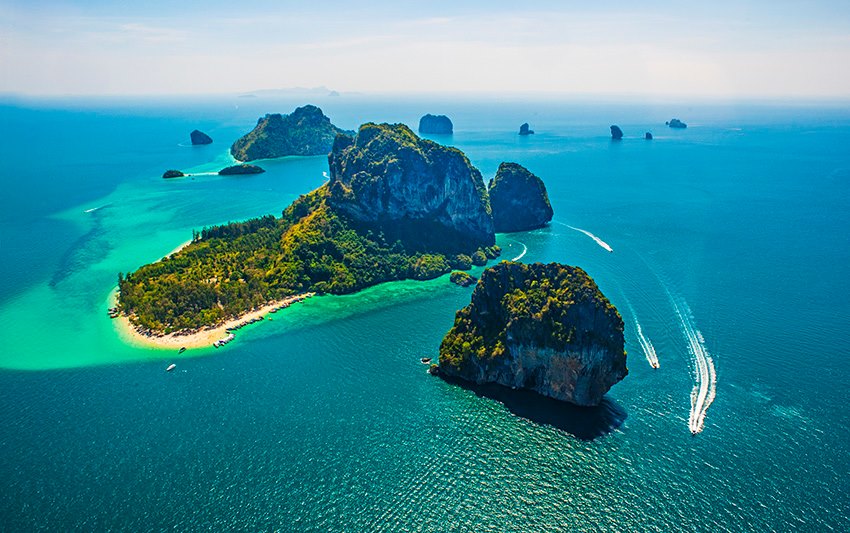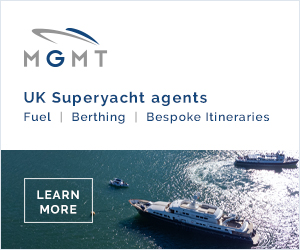Asia Pacific Superyachts announced in June 2022, tourism operators reached an agreement with the Tourism Authority of Thailand (TAT) to propose a Thailand visa fee exemption for international arrivals. And, an eligibility extension for visitors from nations not requiring a visa to enter the country. This will be from a time-period of 30 to 45 days, during the second half of this year.

A joint meeting between TAT and more than 100 representatives from 10 tourism associations yesterday ended with five proposals that are expected to be presented to the subcommittee of the Centre for Covid-19 Situation Administration (CCSA).
“We are pleased Thailand has not only revised arrival rules and relaxed Covid measures for international visitors, but also that the country continues to move forward in their efforts to welcome back foreign-flagged vessels, to once again cruise these beautiful waters”, reports Asia Pacific Superyachts co-founders in Thailand, Gordon Fernandes & Jojo and Captain Charlie Dwyer.
“All tourists should have been treated on an equal basis. If possible, we should also provide a fee waiver for multiple entry to allow them to visit neighbouring countries during the same trip,” said Bhummikitti Ruktaengam, president of the Phuket Tourist Association.
“This could be a good opportunity for us to lead the reopening of CLMV.” – The CLMV countries are Cambodia, Laos, Myanmar, and Vietnam.
TAT reports at present, Thailand grants a visa exemption to 56 countries whose citizens don’t have to apply for a visa or pay the 1,000-baht fee. But, the stay is limited to 30 days. However, most countries, including potential markets such as India, still require visitors to apply for a visa. As well as the requirement to pay an application fee for a stay of no more than 60 days.
READ MORE: Deishaview Retreat – A Yachtie’s Idyllic Escape To Thailand
As the government previously extended the right to remain in the country from 30 to 45 days during the period when quarantine was required, if tourism operators want to seek another extension, it should not be an obstacle, said Mr Yuthasak.
“We totally agree with the proposal to waive the Thailand visa fee exemption for those who must apply for a visa, in addition to extending the length of stay for both visa-free countries and the VOA,” said Marisa Sukosol Nunbhakdi, president of the Thai Hotels Association.
In addition to visa issues, the private sector also agreed to ask the CCSA to lift restrictions on night entertainment hours by returning to the same practices adopted by each area before the pandemic.
They also support the idea of promoting Thailand as a mask-free destination by revoking the mask mandate in all areas. Masks can be suggested for congested spaces or indoors. Private operators, such as hotels or restaurants, can make their own decision on whether to require their staff to wear a mask, according to the meeting.
Most representatives also agreed with the Tourism and Sport Ministry’s proposal to cancel the Thailand Pass system, meaning the only requirements for visitors to the country would be vaccine certificates and insurance; however this has yet to be determined.
Temperature checks at all locations should be halted as experience has shown this measure cannot practically identify those infected with the virus, said the representatives.


.gif)

.gif)














